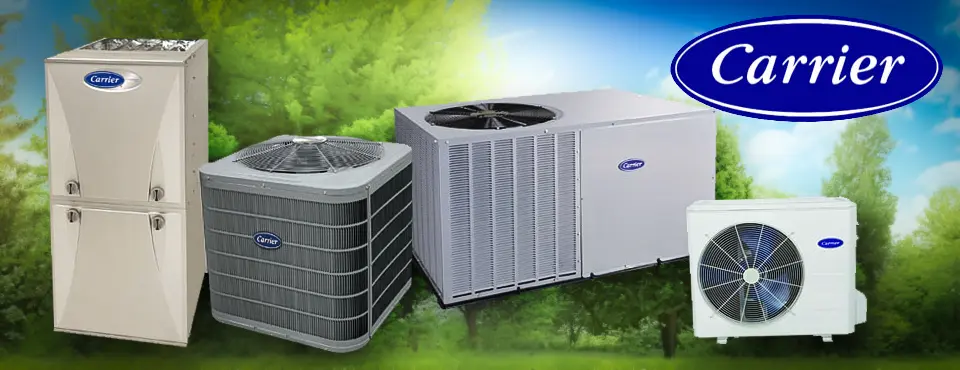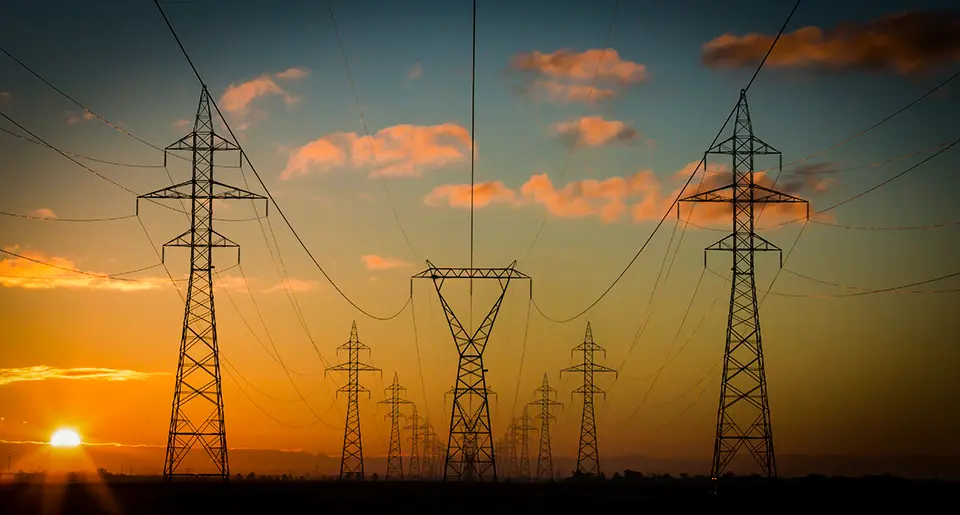It won’t be long and residents of Wise County will be cranking up the AC to combat another brutal Texas summer. As the temperatures begin to rise, ensuring your home stays cool and comfortable becomes a top priority. However, with great comfort comes great responsibility!
We all strive to walk that thin line between keeping the house cool and the electric bill down. So, without further ado, let’s delve into the intricacies of air conditioner power consumption, exploring how understanding this aspect can lead to more efficient cooling and potential cost savings.
So, Let’s Talk About Power Consumption
When assessing air conditioner power consumption, understanding the concept of wattage is first and foremost. Wattage represents the rate at which a device consumes electricity, which obviously determines how much overall electricity it uses.
Different types of air conditioners have varying wattage requirements. For instance, window air conditioners typically consume between 500 and 1,400 watts per hour, depending on their size and cooling capacity. On the other hand, portable air conditioners can use anywhere from 2,900 to 4,100 watts per hour, making them slightly more energy-intensive.
Mini-split and ductless air conditioning systems offer a more flexible cooling solution, varying from 700 to 2,000 watts per hour. Central air conditioners, the most common type found in homes, use around 1,000 watts per ton of cooling capacity.
Considering these wattage specifications when selecting an air conditioner for your home is essential to ensure optimal efficiency and cost-effectiveness.

What Factors Influence Wattage?
Numerous factors influence air conditioner power consumption, from the unit’s size and efficiency rating to external elements like climate and maintenance practices. Size matters when it comes to air conditioners, as undersized units may struggle to cool your home efficiently, leading to increased energy usage. Conversely, oversized units may cycle on and off frequently, resulting in unnecessary energy consumption.
Efficiency ratings, such as the Seasonal Energy Efficiency Ratio (SEER), provide valuable insights into an air conditioner’s energy efficiency. Higher SEER ratings indicate superior efficiency, translating to potential cost savings over time.
Climate also plays a significant role, with warmer regions like Greenville, TX, experiencing higher energy demands for cooling purposes.
Regular maintenance is essential for optimizing air conditioner efficiency and reducing energy consumption. Dirty filters, clogged ducts, and malfunctioning components can all contribute to increased energy usage. By scheduling routine maintenance with Wright’s Air, you can ensure your air conditioner operates at peak performance while minimizing energy waste.

Calculating and Managing AC Power Consumption
Calculating air conditioner power consumption requires a basic understanding of wattage ratings and operating hours. By multiplying the unit’s wattage by the number of hours it runs, you can estimate its daily energy usage.
For instance, a central air conditioner rated at 3,000 watts per hour running for eight hours would consume approximately 24,000 watts or 24 kilowatt-hours (kWh) of electricity per day.
Managing air conditioner power consumption involves adopting energy-saving practices and investing in energy-efficient equipment. Setting appropriate temperature levels, scheduling regular maintenance, improving insulation, and investing in high-efficiency models are all effective strategies for reducing energy usage and lowering utility costs.
Additionally, programmable thermostats and zoning systems can further enhance energy efficiency by optimizing cooling schedules and targeting specific areas of your home.
Questions & Answers
As a leading expert in HVAC services, Wright’s Air understands that homeowners may have questions about air conditioner power consumption and its implications. Let’s address some common FAQs to provide clarity and guidance:
How much electricity does an air conditioner use? The electricity an air conditioner consumes depends on various factors, including size, efficiency rating, and operating conditions. Understanding these factors can help you estimate energy usage and manage costs effectively.
Is it okay to leave the AC on all day? While leaving the AC on all day may provide continuous comfort, it can also lead to higher energy bills. Consider adjusting temperature settings and utilizing programmable thermostats to minimize energy consumption when cooling is unnecessary.
How can I reduce my air conditioning energy bills? Implementing energy-saving practices such as regular maintenance, temperature adjustments, and improving insulation can help. Additionally, upgrading to energy-efficient equipment and investing in smart HVAC solutions can yield long-term savings.
How could I keep my home cool more efficiently? In addition to optimizing air conditioner efficiency, overall home efficiency can contribute to more efficient cooling. Simple measures such as sealing windows and doors, improving insulation, and utilizing ceiling fans can help maintain comfortable indoor temperatures while reducing energy consumption.
Final Thoughts
Understanding air conditioner power consumption is essential for maximizing efficiency and reducing energy costs. By considering factors such as wattage, efficiency ratings, and maintenance practices, homeowners can make informed decisions to optimize their cooling systems. At Wright’s Air, we provide comprehensive HVAC solutions tailored to your needs. With our expertise and personalized recommendations, you can enjoy enhanced comfort and energy savings year-round.
Contact us today at (903) 455-5662 to learn more about our HVAC solutions and schedule a consultation with our knowledgeable team.

